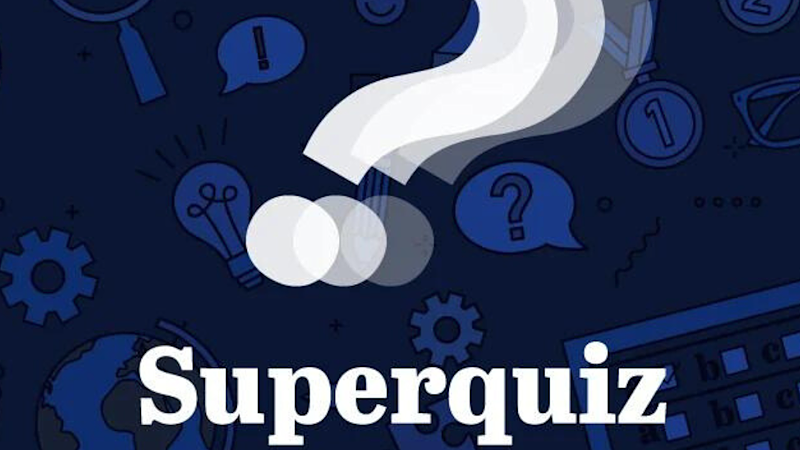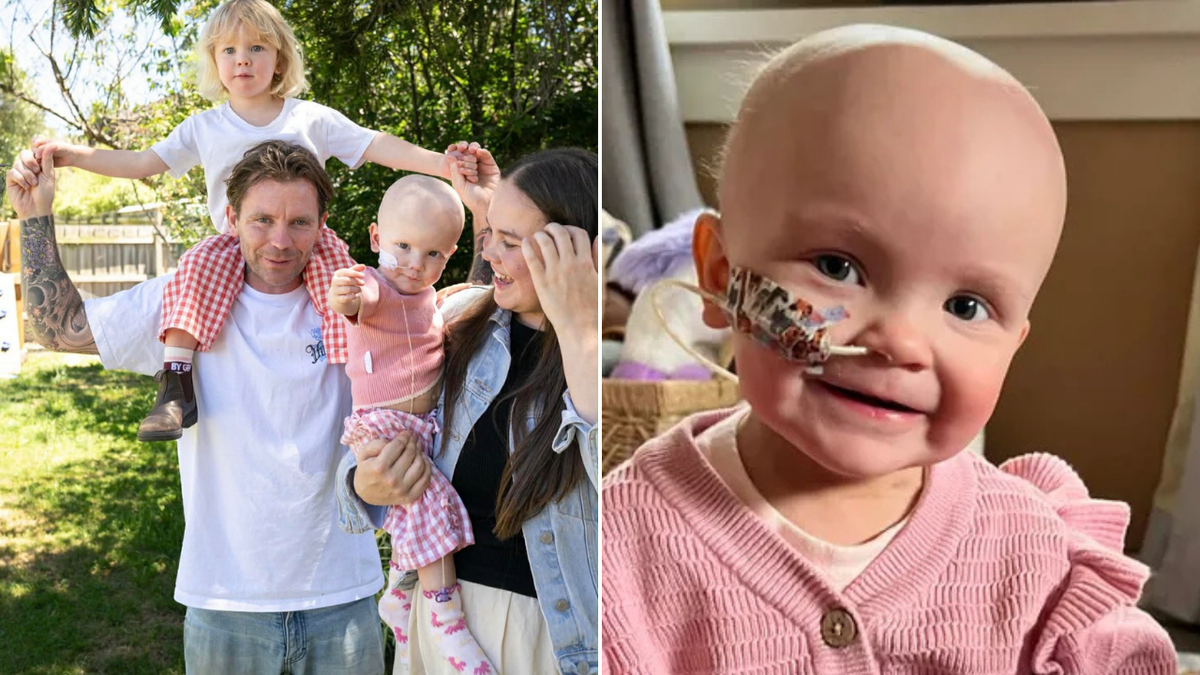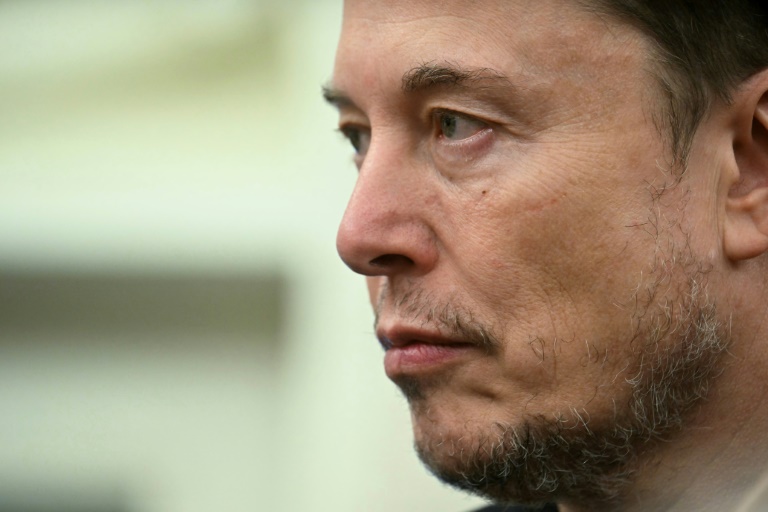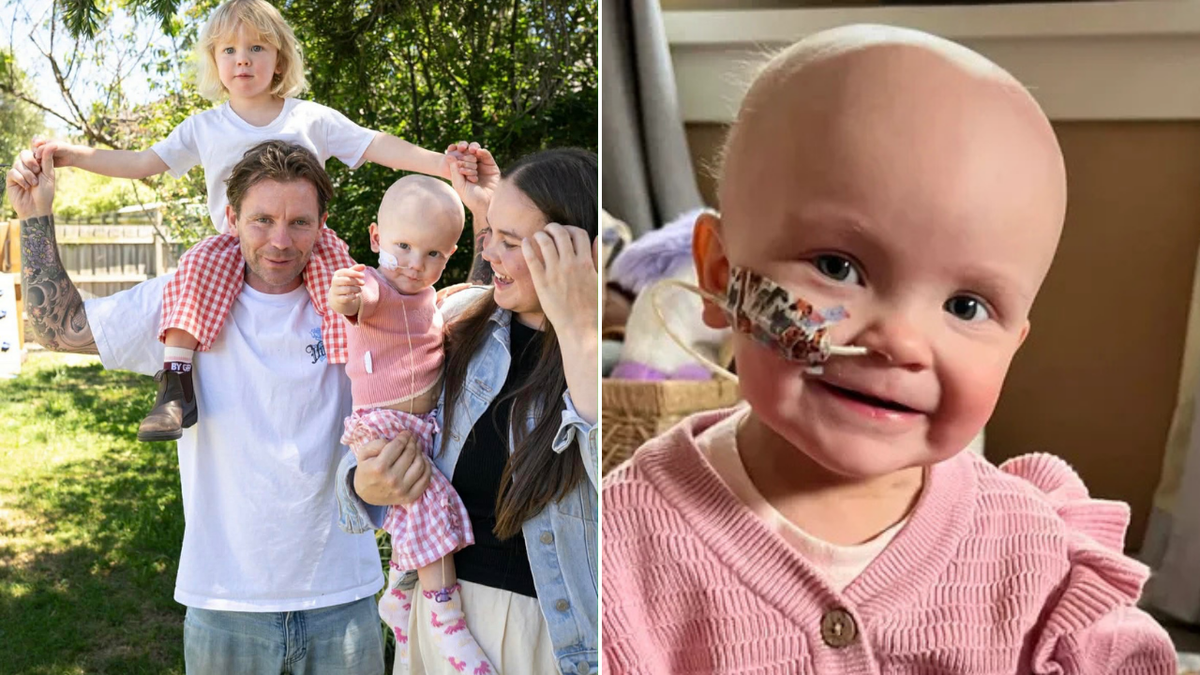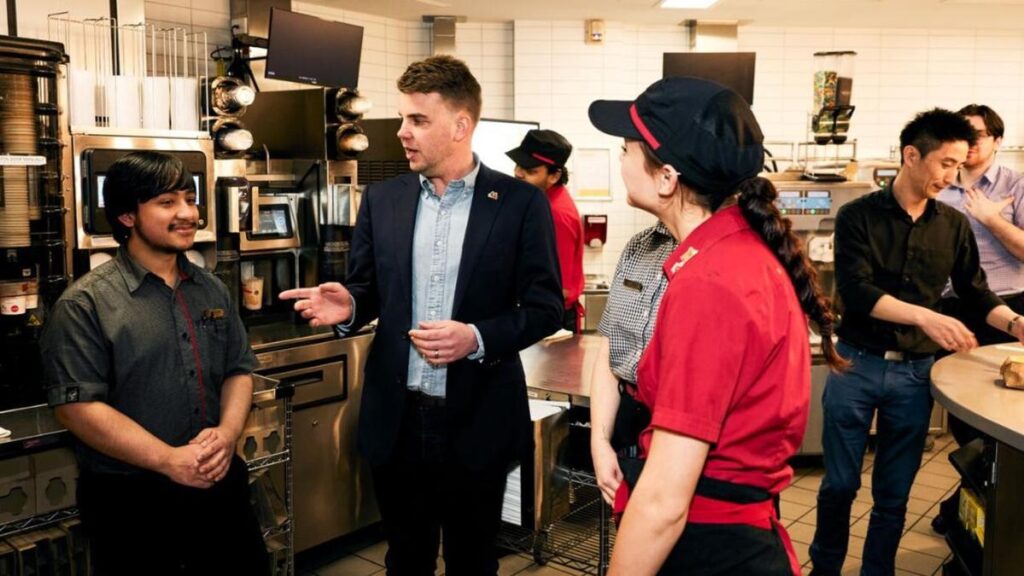
UPDATE: New reports confirm that Prime Minister Anthony Albanese, alongside TV personality Sylvia Jeffreys and Paralympian Tristan Knowles, proudly claims a stint at McDonald’s on their resumes. This revelation highlights the fast-food giant’s role in shaping the careers of over one million Australians who have worked in its kitchens and restaurants.
In an exclusive interview with NewsWire this week, McDonald’s Australia Chief Restaurant Officer Brad McMullen emphasized the significance of this alumni network, stating, “We’ve employed 1.5 million people across our time. There are doctors, lawyers, tradies, teachers.” This unprecedented workforce showcases the foundational skills learned at McDonald’s, which many believe are essential for young Australians entering the job market today.
Albanese first shared his McDonald’s experience in 2021, criticizing the previous government’s industrial relations policies. He remarked, “I used to work out the back. It was hot, hard work. It’s a good thing that young people work in casual jobs, like McDonald’s… it teaches them discipline.” These insights resonate deeply as Australia grapples with youth employment challenges.
With 70 percent of McDonald’s workforce currently in secondary school, TAFE, or university, the company’s influence on future generations is clear. McMullen noted that the skills gained at McDonald’s include teamwork, communication, and customer service—vital components for any career. “Learning to read a roster, understanding workplace health and safety—these are fundamental principles that benefit all jobs,” he added.
McDonald’s operates 1,050 restaurants across Australia, a division of the $340 billion McDonald’s Corporation based in New York. The company, which has been a staple in Australia since 1971, is set to open an additional 30 to 50 new stores within the next year, as confirmed by CEO Joe Chiczewski in July.
In a bold move, McDonald’s invests over $60 million annually into training and development, a commitment that’s becoming increasingly rare in today’s job market. “There is a real hunger from applicants to learn on the job,” McMullen stated. The emphasis on training makes a McDonald’s CV stand out, according to Morgan Consulting’s principal consultant Tom Stanley, who stated, “It shows you’ve cut your teeth in a fast-paced, high-performing, and people-first environment.”
As the conversation around employment evolves, McDonald’s insists that its workforce remains “human-centric.” McMullen dismissed concerns about AI taking over fast-food jobs, asserting, “We’re such a people business. People make the experience better at McDonald’s.” He confirmed there are “no plans” to introduce robots into restaurants.
However, the company faces challenges. It is currently in negotiations with the Shop, Distributive and Allied Employees’ Association union over wage increases. When asked if McDonald’s could balance higher wages with its investment in skills development, McMullen reiterated the company’s focus on equipping Australians for career success, stating, “We provide brilliant foundational skills for people to go into society and thrive.”
The story of McDonald’s alumni reflects more than just nostalgia; it underscores the vital role the fast-food chain plays in preparing the next generation for the workforce. As more Australians share their McDonald’s experiences, the narrative continues to evolve, making it clear that this iconic brand is about much more than just burgers.
Stay tuned for more updates on McDonald’s initiatives and their impact on employment across Australia.
